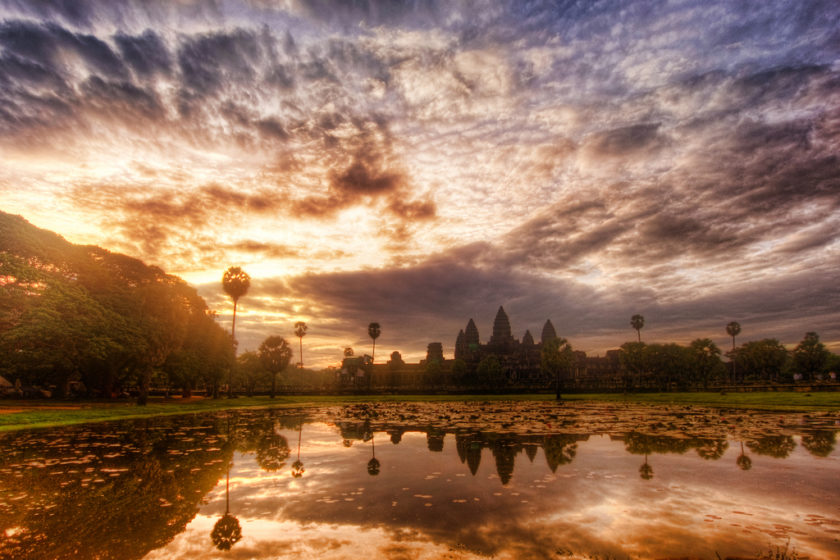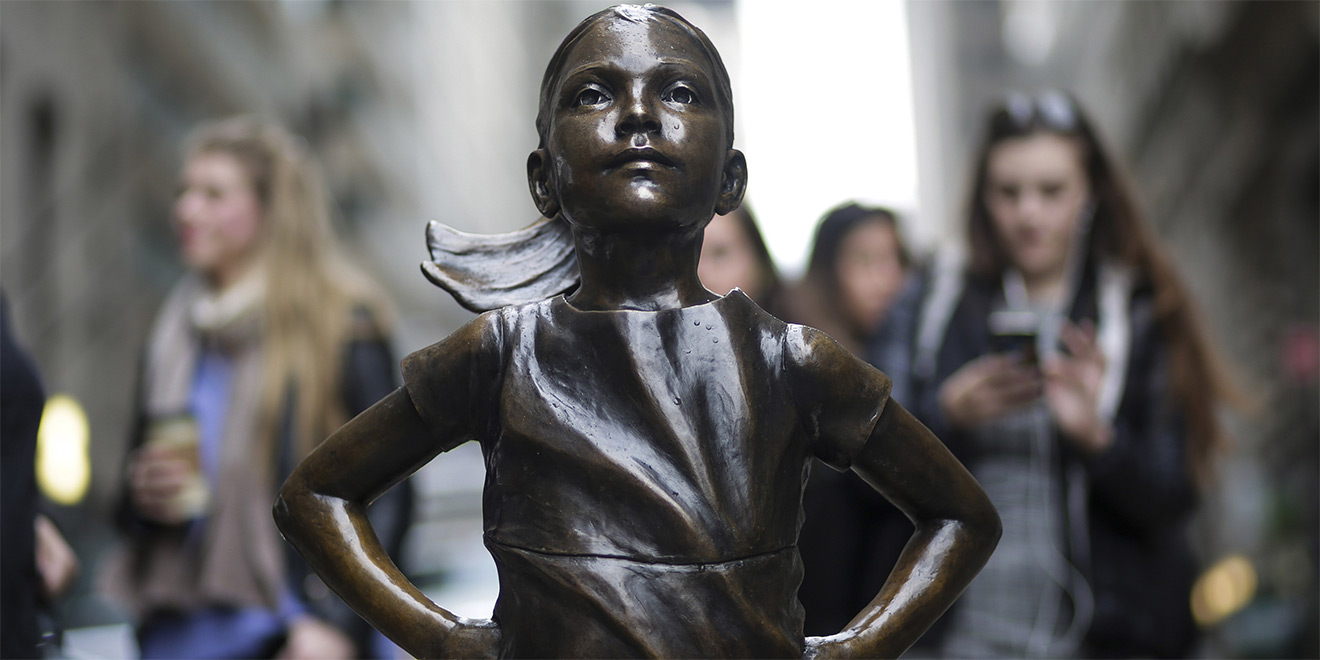August 1, 2018 By The Editor
Independent media sites taken offline by government in Cambodia before vote in controversial election.
Independent media sites taken offline by government in Cambodia before vote in controversial election.
Phos Sovann, director general of information and broadcasting at the Information Ministry, requested internet service providers to block the media sites for 48 hours.
This while other news sites friendly to strongman Prime Minister Hun Sen’s regime remained accessible online. Sovann confirmed a total of 17 websites – including Voice of America, Radio Free Asia (RFA), Voice of Democracy, and the Phnom Penh Post – had been targeted:
“We requested to our committee members, along with the Ministry of Interior and Ministry of Telecommunications, to close those websites down”. “We observed that the contents of those new media are provocative. Those contents are very political in their tendencies, and they are restricting to the election,” he said. “I don’t think it’s unfair … It’s just for 48 hours before the election.”
The National Election Committee requested political parties and media outlets to “remain silent” for a 24-hour period in advance of election day on Sunday.
The Cambodian Center for Independent Media expressed also “grave concern” over the move regarding the media sites.
The CCIM group said in a statement:
“CCIM considers the blocking of the websites by the government as politically motivated and counterproductive.”
Human rights group Licadho confirmed on Saturday several internet service providers and mobile companies were actively blocking independent media sites and outlets.
Licadho’s Naly Pilorge told Al Jazeera:
“This is the first web censorship since the release of the prakas (government edict) on media in late May 2018”. “We are outraged that private companies would block access to individual media outlets while charging full prices for their services to their clients. It’s neither good business practices or in line with international rights or standards of promoting freedom of expression, opinions and beliefs.”
Media sites and WhatsApp control on the information flow.
Meanwhile, in the past week, Cambodians appear to have been systematically added en masse to a variety of WhatsApp groups, which can host 256 people each.
The government edict comes a week after a sudden proliferation of WhatsApp groups, in which potentially hundreds of Cambodians found themselves added to chats through the Facebook-owned messenger service.
For now, the groups remain dormant, but their presence has sparked concerns they could be used to rapidly spread information, misinformation or propaganda.
Phil Robertson of Human Rights Watch said the move could be a two-step method of controlling the information flow.
The purpose could be blocking websites unfriendly towards the government, while setting up a WhatsApp infrastructure to flood desired messages to the public.
Ha also added:
“It really shows how there’s a tremendous amount of manipulation of mobile accounts.” “It raises some real issues of privacy and human rights.”
Source: Al Jazeera
Picture Colorful Cambodia | by Stuck in Customs


COMMENTS